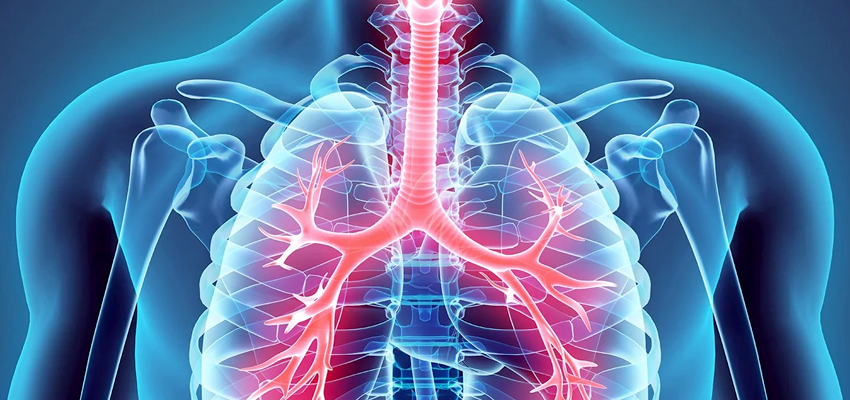Respiratory Medicine
Respiratory medicine, also known as pulmonology, is the branch of medicine that focuses on the diagnosis and treatment of diseases and conditions affecting the respiratory system, including the lungs, airways, and respiratory muscles. Respiratory medicine encompasses a wide range of conditions, from acute respiratory infections to chronic lung diseases and respiratory failure.
Respiratory medicine specialists, called pulmonologists, are physicians who have specialized training in the diagnosis, management, and prevention of respiratory disorders. They play a critical role in caring for patients with respiratory conditions, providing both acute and long-term care.
Some common respiratory conditions managed by pulmonologists include:
-
Asthma: A chronic inflammatory condition of the airways characterized by recurrent episodes of wheezing, shortness of breath, chest tightness, and coughing.
-
Chronic obstructive pulmonary disease (COPD): A progressive lung disease that includes conditions such as emphysema and chronic bronchitis, leading to airflow limitation and difficulty breathing.
-
Pneumonia: An infection of the lungs caused by bacteria, viruses, fungi, or other microorganisms, leading to inflammation and fluid accumulation in the air sacs.
-
Tuberculosis (TB): A bacterial infection caused by Mycobacterium tuberculosis that primarily affects the lungs but can also involve other organs.
-
Interstitial lung diseases: A group of disorders characterized by inflammation and scarring of the lung tissue, affecting the ability to breathe and leading to symptoms such as cough, shortness of breath, and fatigue.
-
Pulmonary hypertension: High blood pressure in the arteries of the lungs, which can lead to symptoms such as shortness of breath, fatigue, and chest pain.
-
Sleep-disordered breathing: Conditions such as obstructive sleep apnea, characterized by pauses in breathing during sleep due to upper airway obstruction or central nervous system abnormalities.
Diagnosis and management of respiratory conditions may involve various diagnostic tests, such as pulmonary function tests, imaging studies (X-rays, CT scans), bronchoscopy, and sleep studies. Treatment options may include medications, inhalers, oxygen therapy, pulmonary rehabilitation, and in severe cases, surgical interventions such as lung transplantation.
Pulmonologists work closely with other healthcare professionals, including primary care physicians, respiratory therapists, nurses, and specialists in critical care, to provide comprehensive care for patients with respiratory disorders. They also play a crucial role in promoting respiratory health through smoking cessation programs, vaccinations, and preventive measures to reduce the risk of respiratory infections.

